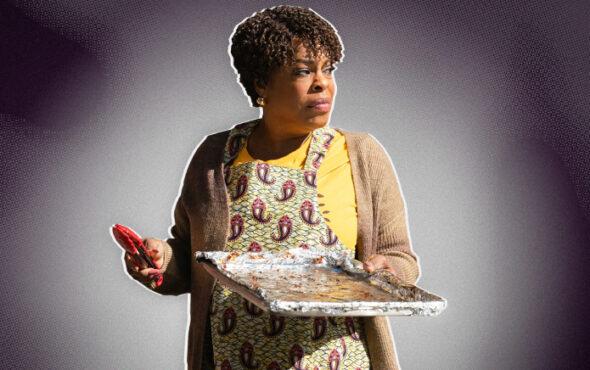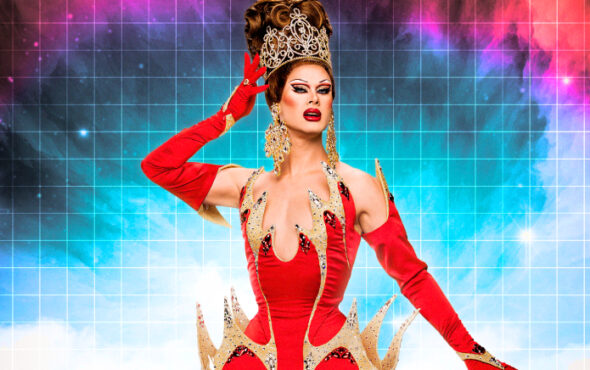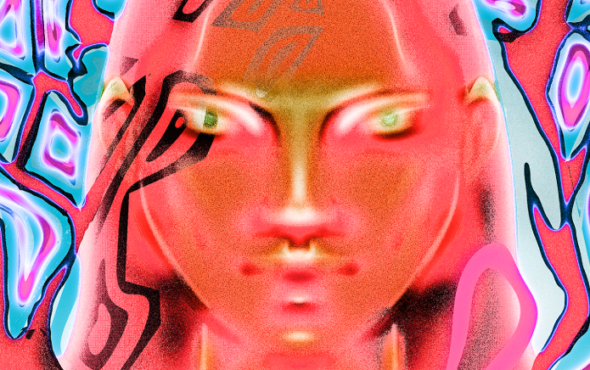
I’ve always had a complicated experience with Islam and the Muslim community. I was raised by Muslim immigrant parents, but I personally haven’t considered myself to be religious since I was very little. Until I left my home town for university, I was still very involved with the community.
Coming out as a transgender man within this context was certainly difficult. However, many would presume that I had an entirely negative experience. In reality, it was anything but a black or white ordeal. I was met with a wide range of responses from the community.
First, I told my parents. I knew my father would receive the information more thoughtfully than my mother. He wasn’t happy about it, and it was obvious he had thought it could be a possibility, but was hoping that it would pass. However, through all of his disappointment and reservations based on his beliefs, he told me that he loved me no matter what. I knew that I would not get to hear the same from my mother.
I found it interesting that although my parents held the same religious beliefs, my mother took a much more severe stance. She accused me of being possessed by the devil and threatened me with disownment. Unfortunately, it was exactly the reaction I expected and had prepared for from her. My family, like many of a similar culture to mine, are very good at moving on as though nothing bad has ever happened, so long as we all silently agree to pretend it never happened.
But here’s the thing. I had Muslim family friends, both young and old, who were accepting of my identity. My friends’ parents made a good effort to use my new chosen name. Several years later, a few members of my own family in my parents’ native country who I had never spoken to – or even known the names – reached out to me via text to express that although they may not understand or agree with my “actions”, they wished to support me all the same.
So I can’t put it down to being just a religious issue, or even a generational issue. To me, it highlights how intensely your personal attachments can impact your view of those closest to you.
My parents had by far the most negative reactions of anyone I know to my coming out as transgender. I believe that this is more so because of their emotional attachments to their child as opposed to anything else. They chose not to agree with it on a purely religious level, but I could say the same about several of my Muslim friends and their families who were still kind and respectful to me at all times, despite their personal beliefs on the matter.
The difference is that my parents had long built up a set of expectations that they wished to see their daughter fulfil regarding how she would look, dress and act, and the great things that they hoped she would achieve. The prospect of me transitioning to male would have shattered those expectations, and I think that on some level they believed that me being a transgender person would present an obstacle to my overall success. (It hasn’t, by the way.)
I want to emphasise something important here: I see it as imperative that mutual respect is upheld between religious and non-religious people. Just because much of my own experience with religion was negative does not mean I hold religious people in contempt.
Likewise, I would hope for a similar form of acceptance from all religious communities for LGBTQ+ people, simply on a human level. Ultimately, I cannot choose not to be transgender, but others can choose to treat me with kindness. It is the only way to coexist.
Your religious beliefs are a deeply personal matter, and they are your own. No one else can decide your beliefs for you — not your mosque, your church or your family members.
Moreover, I do not argue on a scriptural level. In my experience, someone who wishes to reconcile these matters with their own faith will take steps to find answers for themselves, and I know many Muslims who have done so successfully. Among those who show no interest in this form of reconciliation or education, I find it more productive to operate on a framework of mutual respect and tolerance, and to continue to focus my energy towards those who prioritise love over hate.
I am still on good terms with my father. He does not use the correct name or pronouns for me, and it is upsetting, but it is undeniable that he loves me very much. We are both choosing to compromise to stay in each other’s lives.
It is all quite complex, but I always return to the bottom line. Islamophobia is unacceptable. Transphobia is unacceptable. We are who we are, and our world is as kind as we choose to be to one another.
This article was written by an anonymous Just Like Us ambassador. Get involved with Just Like Us, the LGBTQ+ young people’s charity.



